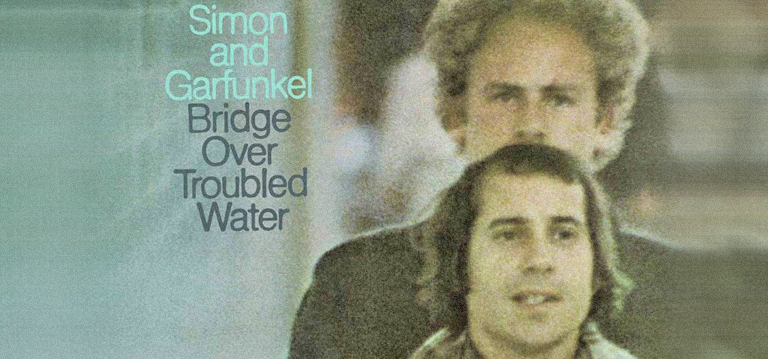If you grew up in the 1970s, we were set a false standard for the rest of our lives because almost all albums for at least five years that got to #1 were excellent. If you ignore the Various Artist compilations, only an Andy Williams record (and I even quite like that), Peters and Lee, perhaps Gilbert O’Sullivan (though I think that’s great singer-songwriter stuff) a David Cassidy and a Perry Como record, a couple of Bay City Rollers albums, and three or so others, out of over 100 in the first five years, could be said to be poor. The rest are absolute classics. Everything from ELP to Simon & Garfunkel and Lindisfarne.
As the decade wore on, the standard dropped, but for five years it was exceptional, all records you will find at a car boot or in a junk store nowadays. You couldn’t pick a favourite. Be it by Zeppelin, Stones, Bowie, Roxy or Alice Cooper. This is why we look back, not just with nostalgia but with a real appreciation for the music that wasn’t cynical or marketed by contriving release dates, or any other gimmick. They were just great albums that millions loved and bought, and millions more like me taped them.
It was even better in America, where the only dodgy records to top the charts for five years was by Olivia Newton-John and Duelling Banjos. Even those John Denver records sound good now. Great albums like Thick As A Brick and Red Octopus peaked at #1. I mean Santana III was #1 for 6 weeks in 1971, Janis’ Pearl was at the top for 9 weeks, Tapestry for 15. How brilliant is that.
And that’s just the chart toppers. I always used to listen to radio Luxembourg’s American album chart rundown because it was almost all rock music and no pop. These things were important. If we could have measured or even done streaming, imagine how many records like Bridge Over Troubled Water would have achieved?
This period has never been matched. It set a standard that wouldn’t be achieved again. But do you know which is the decade's best selling album in the UK? The answer is, of course, Bridge Over Troubled Water. In America however, it seems to be The Eagles Greatest Hits. Though it is a guesstimate because accurate sales were not always recorded. Worldwide, even more so, where the best seller appears to be Dark Side Of The Moon, though sales just in the 70s and not overall are higher to ascertain. The possibility of various kinds of fiddling with figures is certainly there. Incidentally, the best-selling book charts, I can tell you, are often contrived and sometimes based on books shipped and not books sold. Some are merely a reflection of how much has been paid to promote books. Though you’d think a cashless society would make sales figures more accurate.
Anecdotally, I don’t think the Simon and Garfunkel album was the most popular. It must have varied by region, and I’d say everyone had Dark Side above that, at least amongst my crowd. Amongst us rock kids, for what it’s worth, Made In Japan by Deep Purple seemed owned by everyone. Then again, sales to adults were not known to us and I think that explains Simon and Garfunkel’s chart topper. Every house I ever babysat for had a copy because the first thing I’d do is look through their record collection. People did have a lot of James Last records, who apparently sold 200 million records, and he had 52 charting albums in the UK alone. I never understood why he was so popular. Herb Alpert, I understood, even Mantovani had his charms and encapsulates that early 60s period, but ‘Non-stop Dancing' mystified me. Does anyone still have and listen to the records?
Sidebar
This period in music has never been matched...



